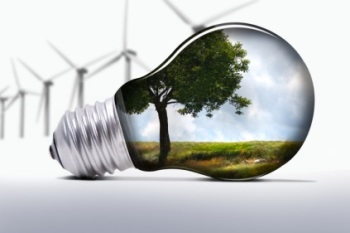Feb 10 2014
No week passes without sustainable development hitting the news. The whole concept became a priority for the world’s policy makers.

While biotechnology stands out among the broad range of technologies, promising a significant impact on sustainable development, especially in the fields of food production, materials and energy, most EU citizens do not realise that products made with industrial biotechnology are already in everyday use in their homes.
For instance, eukaryotic microorganisms (yeast) or enzymes are used to produce beer and wine as well as dairy goods such as cheese. However, more and more biotechnology is being applied to improve manufacturing processes and to solve environmental challenges:
- In bread-making genetically enhanced microorganisms produce baking enzymes to enhance rising, strengthen dough and prolong freshness of the bread, while reducing CO2 emissions in grain production, milling, baking and transportation.
- Chlorine is replaced with innovative biotech cellulose enzymes in the textiles production, allowing low-temperature, neutral pH processing while reducing both green gasses, as well as the non-renewable energy uses by 25%. As a result new fabrics have lower impact on the environment and the better performance.
- In synthetic rubber production isoprene from petroleum is now being substituted by BioIsoprene fermented by genetically enhanced microorganisms from sugars from renewable sources, resulting in the reduced use of petroleum and cutting of raw material cost. Likewise the novel enzymes convert starches and cellulose in biomass into sugars to produce biofuels while reducing the environmental impact.
Industrial biotechnology has achieved spectacular progress as a key enabling technology in the field of Bioeconomy, a sustainable economy that utilises bio-resources as an input to industrial processes to help industries become more environmentally sustainable. The Bioeconomy offers Europe a unique opportunity to address complex inter-connected challenges, while achieving economic growth by encouraging a transition to a low-carbon economy by 2050.
Source: http://www.industrialtechnologies2014.eu